When I was a little girl, I begged my parents for a new bike that had caught my eye. It was a vision in pink, adorned with sparkling streamers, training wheels, and a basket where I could stash my most prized 5-year-old possessions. I remember it vividly – my Polly Pocket Watch and my trusty walking pony were among my treasured cargo. Once I started riding that bike, I felt like I could conquer the world. My twin brother and I would race along the driveway, our tiny legs pumping furiously. As long as those training wheels were there to steady me, fear was a distant thought.
One day, curiosity led me to venture onto the grass without my training wheels. The soft, forgiving embrace of the grass cushioned my fall, coming to my rescue. On more daring days, I’d try my luck on the unforgiving pavement, often returning home with scrapes and bruises.
In the early stages of recovery, it can be tough to stick to your meal plan or resist the temptation to revert to old eating disorder habits. It’s like attempting to ride a bike without training wheels all over again. Our culture bombards us with diets, restrictive eating, compulsive exercise, and fatphobia, all of which can lure you away from your path to recovery.
But just like that determined little girl on her pink bike, you too can find freedom from your eating disorder. Falling off your recovery bike, much like falling off a bike without training wheels, is a natural part of this journey. What truly matters is granting yourself the permission and freedom to put your figurative helmet back on (a crucial step) and climb back onto the bike.
In the context of recovery, this means following your meal plan or embracing intuitive eating if that’s where you are in your journey, keeping up with your therapy, dietitian, and physician appointments, and relying on your support network. Falling off the bike is all part of the process, and every time you get back on the “recovery bike,” you’re not just choosing yourself over the eating disorder but also challenging its hold on you.
Recently, during a beach vacation with my husband, I rediscovered the joy of bike riding. As I breathed in the soothing salt air, memories of my beloved pink bike with its shimmering streamers flooded back. I understand that not everyone may resonate with this metaphor, but I encourage you to take from it what feels meaningful to you and to uncover what you need to fully commit to your unique recovery journey.
Remember, each time you get back on the “recovery bike,” you’re taking a courageous step toward healing and regaining the freedom to be your true self.
AFFIRMATION OF THE DAY: “Every time I get back on the ‘recovery bike,’ I challenge the hold of my eating disorder and move closer to healing and self-acceptance.”
And before you go, check out “The Inside Scoop on Eating Disorder Recovery” by Jennifer Rollin and Colleen Reichmnann. Written by two therapists who have overcome eating disorders themselves, this book combines humor, personal stories, and evidence-based techniques to guide readers on their journey to reclaim their lives from eating disorders. It differentiates between dieting and eating disorders, outlines the stages of recovery, and offers tips for success at each stage. The book challenges common misconceptions surrounding clean eating, orthorexia, exercising in recovery, and fat positivity, providing practical exercises at the end of each chapter to help readers apply these principles to their daily lives.
Laura is committed to guiding individuals along their path to mental wellness and has carefully gathered a team of skilled, knowledgeable, and committed therapists at Anchored Counseling Company to assist in this mission. The professionals here create an environment that is supportive and affirming, informed by an understanding of trauma. At Anchored Counseling Co., there’s a shared belief in the fundamental worth of each person, and therapy is delivered with warmth and empathy. The therapeutic philosophy here is built on the premise that every client has the natural ability to enact meaningful and enduring change in their life. To connect with a therapist who aligns with your unique needs, please contact our office at 615.510.3797 or visit our website today.





